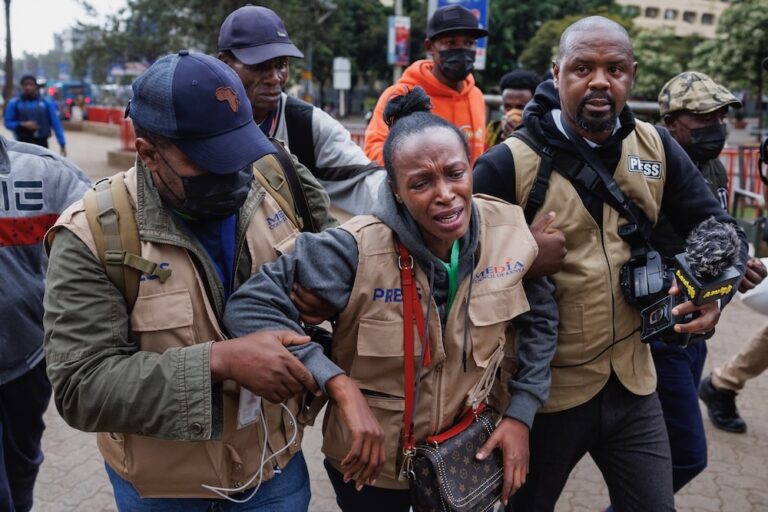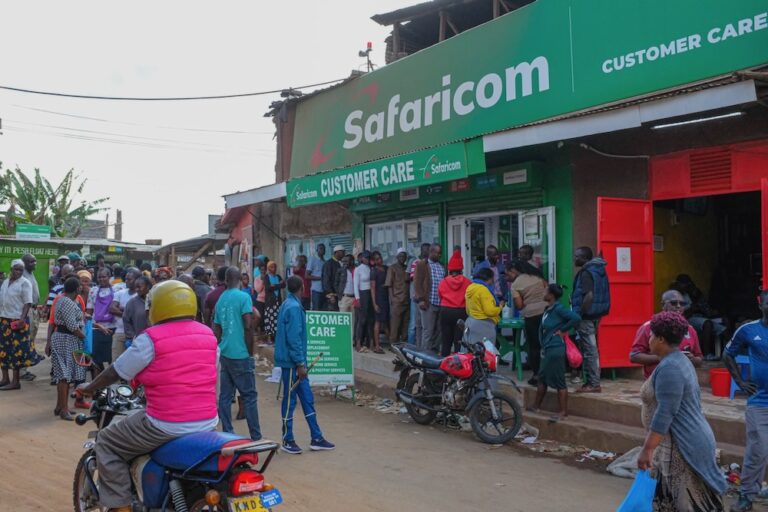On 11 October 1996, Chelimo Cheboi, Embu District Commissioner in the Eastern Province of Kenya, ordered an immediate stop to all non-governmental organization (NGO) and church-organised seminars in the district because “they were political.” Cheboi was addressing a crowd gathered at Moi Stadium in Embu town, where he is reported to have said that the […]
On 11 October 1996, Chelimo Cheboi, Embu District Commissioner in
the Eastern Province of Kenya, ordered an immediate stop to all
non-governmental organization (NGO) and church-organised seminars
in the district because “they were political.” Cheboi was
addressing a crowd gathered at Moi Stadium in Embu town, where he
is reported to have said that the government would no longer allow
seminars to be conducted.
He instructed heads of educational institutions not to allow such
seminars to be held on their premises. Cheboi said that, in the
past, political seminars had been held in schools and government
institutions contrary to the wishes of the government. He said
some churches had forced the heads of the institutions they
sponsor to allow such seminars. He told those wishing to hold
political rallies to seek licences from his office.
The Catholic Peace and Justice Commission of the Embu Diocese has
been holding several seminars to sensitise the public on its
rights. The seminars are also meant to prepare the electorate for
the next general election.
On 30 August 1996, police flushed out from their hotel rooms
would-be participants of a seminar on political reforms and
arrested an activist of the yet to be registered Safina political
party. Anti-riot police officers in full gear chased away about
100 participants of the seminar, said to have been funded by a
British political organization. They then ordered everyone to
disperse and maintained a night-long vigil within the premises.
The arrested activist, Mwangi Kianjuri, was taken to the Murang’a
police station, where he was locked up. Other would-be
participants were stranded in town.
Background Information
Recently, the Kenyan government has come under intense pressure
from opposition politicians, lawyers and human rights activists
who have been calling for constitutional reforms. In his New Year
message, President Daniel Arap Moi promised Kenyans that the
Constitution would be reviewed. He said the government would
invite experts from abroad as well as from Kenya to help in the
exercise.
During his Moi Day message to the nation on 10 October 1996,
President Moi ruled out constitutional reform, saying there was no
time to carry out the reforms before the next general election,
widely expected to be held in 1997.


